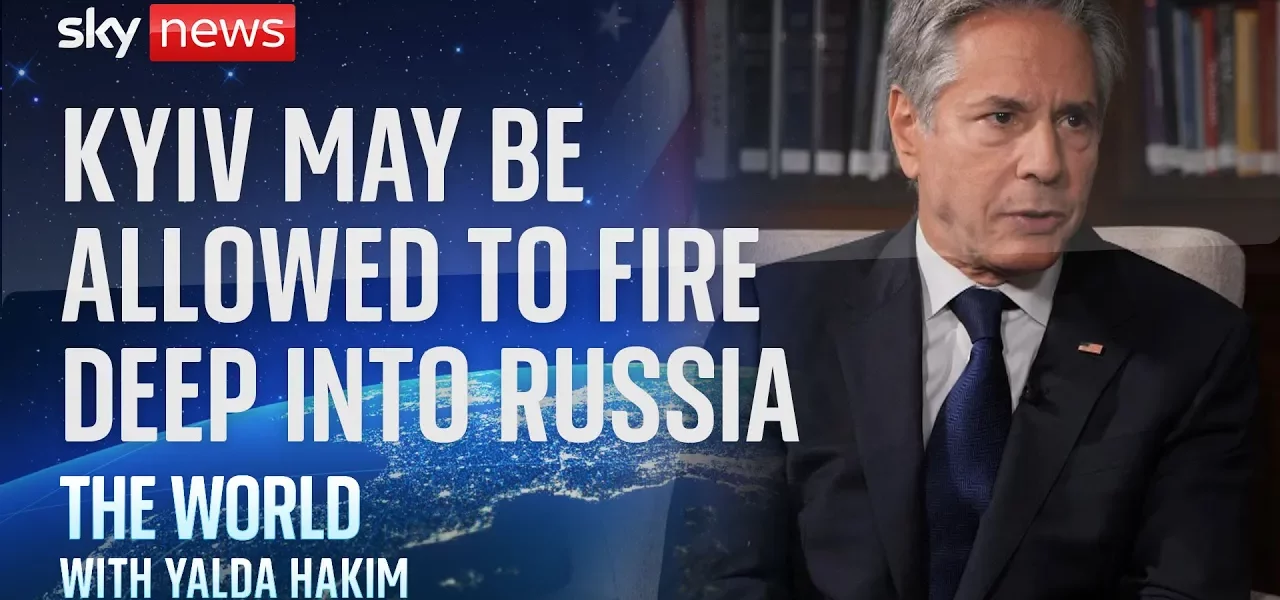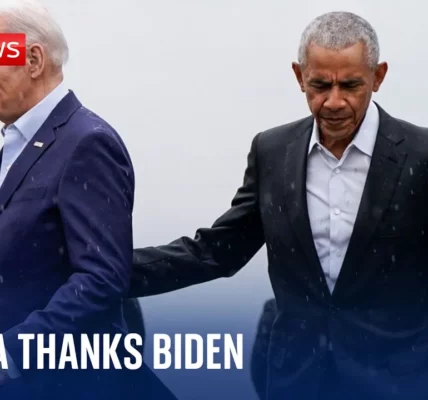Strategic Military Support and the Humanitarian Crisis: Insights on Ukraine and Gaza

This article delves into the complex considerations surrounding military aid to Ukraine amid rising tensions with Russia and Iran, alongside the ongoing humanitarian crisis in Gaza. It addresses the multifaceted decision-making process that influences these critical geopolitical issues.
Introduction
The dynamics of international relations often hinge on the intricate web of military strategy, diplomatic negotiations, and humanitarian considerations. As the ongoing conflict in Ukraine continues to evolve, the strategic military support provided to Ukraine is under constant scrutiny. Factors such as the operational capabilities of weapon systems, the necessary training for personnel, and the maintenance of equipment play pivotal roles in determining the effectiveness of such support. Additionally, the geopolitical implications of Iran’s increasing alliance with Russia add another layer of complexity to the situation. This article will explore these themes in detail, providing insights into the current state of military aid to Ukraine and the humanitarian crisis in Gaza.
Military Support to Ukraine
The provision of military support to Ukraine is not merely about supplying weaponry; it encompasses a broad array of considerations that are crucial for ensuring that the support is effective and sustainable.
Operational Readiness and Training
One of the primary concerns when supplying sophisticated weapon systems is ensuring that the Ukrainian forces are adequately trained to operate them. Without proper training, even the most advanced weaponry can become ineffective. Key points include:
- Assessment of current operational capabilities of Ukrainian forces.
- Development of training programs tailored to specific weapon systems.
- Continuous evaluation and adaptation of training as the conflict evolves.
Maintenance and Sustainability
Another critical factor is the maintenance of military equipment. Providing advanced systems that cannot be maintained effectively can lead to rapid degradation of operational capabilities. Considerations include:
- Availability of spare parts and technical support.
- Establishing local maintenance training for Ukrainian personnel.
- Creating a logistics framework to support ongoing operations.
Strategic Alignment
Military aid must also align with a coherent strategy aimed at achieving clear objectives. This involves:
- Defining the strategic goals for military engagement.
- Ensuring that military support contributes to these goals.
- Adapting strategies based on the evolving tactical landscape.
The Iran-Russia Relationship
The growing alliance between Iran and Russia, particularly regarding military support, poses significant challenges for Ukraine and the broader geopolitical landscape. Recent intelligence reports suggest that Iran has begun supplying ballistic missiles to Russia, which may be used against Ukrainian targets. This development raises several critical points:
Implications for Ukraine
As Ukraine continues to seek long-range missile capabilities, the influx of Iranian missiles into the conflict complicates the situation further. Key implications include:
- Increased urgency for Ukraine to enhance its own missile capabilities.
- Heightened risk of escalation in the conflict with Russia.
- The need for Western allies to reassess their support strategies.
Global Geopolitical Dynamics
The partnership between Iran and Russia can potentially reshape alliances and influence other regional conflicts. It is crucial to monitor:
- The response of NATO and Western nations to this alliance.
- The potential for further military cooperation between Iran and Russia.
- The impact on international security frameworks and agreements.
The Humanitarian Crisis in Gaza
Amidst the discussions on military aid and geopolitical strategies, the humanitarian crisis in Gaza remains a pressing concern. Recent interviews highlight the urgent need for a ceasefire agreement to alleviate the suffering of innocent civilians.
The Ceasefire Negotiations
Secretary of State Antony Blinken has been actively involved in negotiations aimed at achieving a ceasefire. Despite claims that significant progress has been made, challenges remain:
- More than 90% of a ceasefire agreement has reportedly been reached, yet finalizing the deal is proving difficult.
- Historical context shows that the most challenging issues often surface at the end of negotiations.
Humanitarian Assistance
The humanitarian situation in Gaza is dire, with innocent civilians bearing the brunt of the conflict. Key considerations include:
- Immediate need for humanitarian aid to affected populations.
- Long-term strategies for rebuilding and providing support post-conflict.
- Collaborative efforts between international organizations and local agencies to deliver assistance.
Conclusion
In conclusion, the complexities surrounding military support to Ukraine and the humanitarian crisis in Gaza highlight the need for a multifaceted approach to international relations. As the situation continues to evolve, it is essential for policymakers to adapt strategies that not only address military objectives but also prioritize humanitarian needs. The ongoing developments in these regions require continuous assessment and engagement from global leaders. To stay informed and engaged, consider exploring related articles on our website, and join the conversation on these critical issues.
“`




